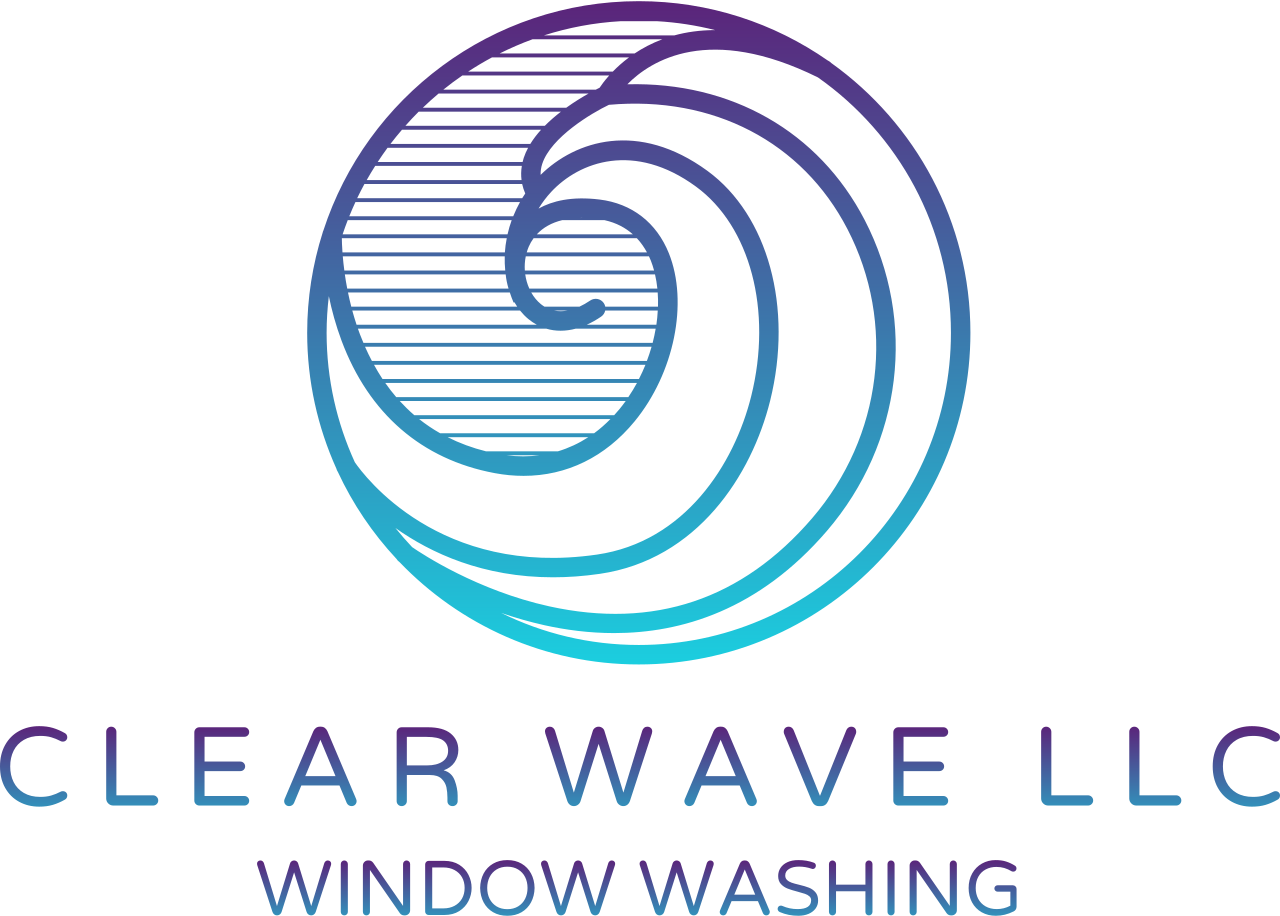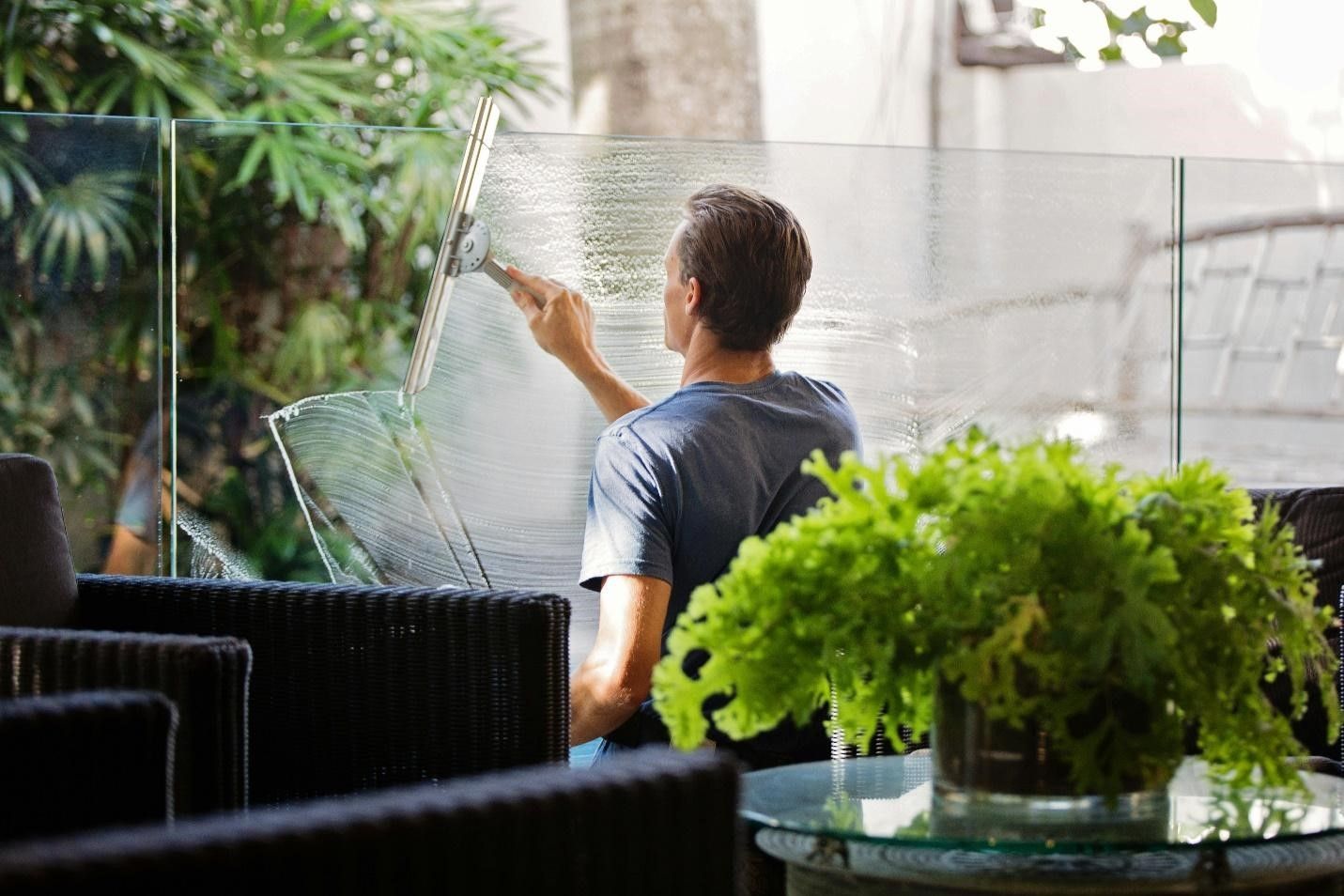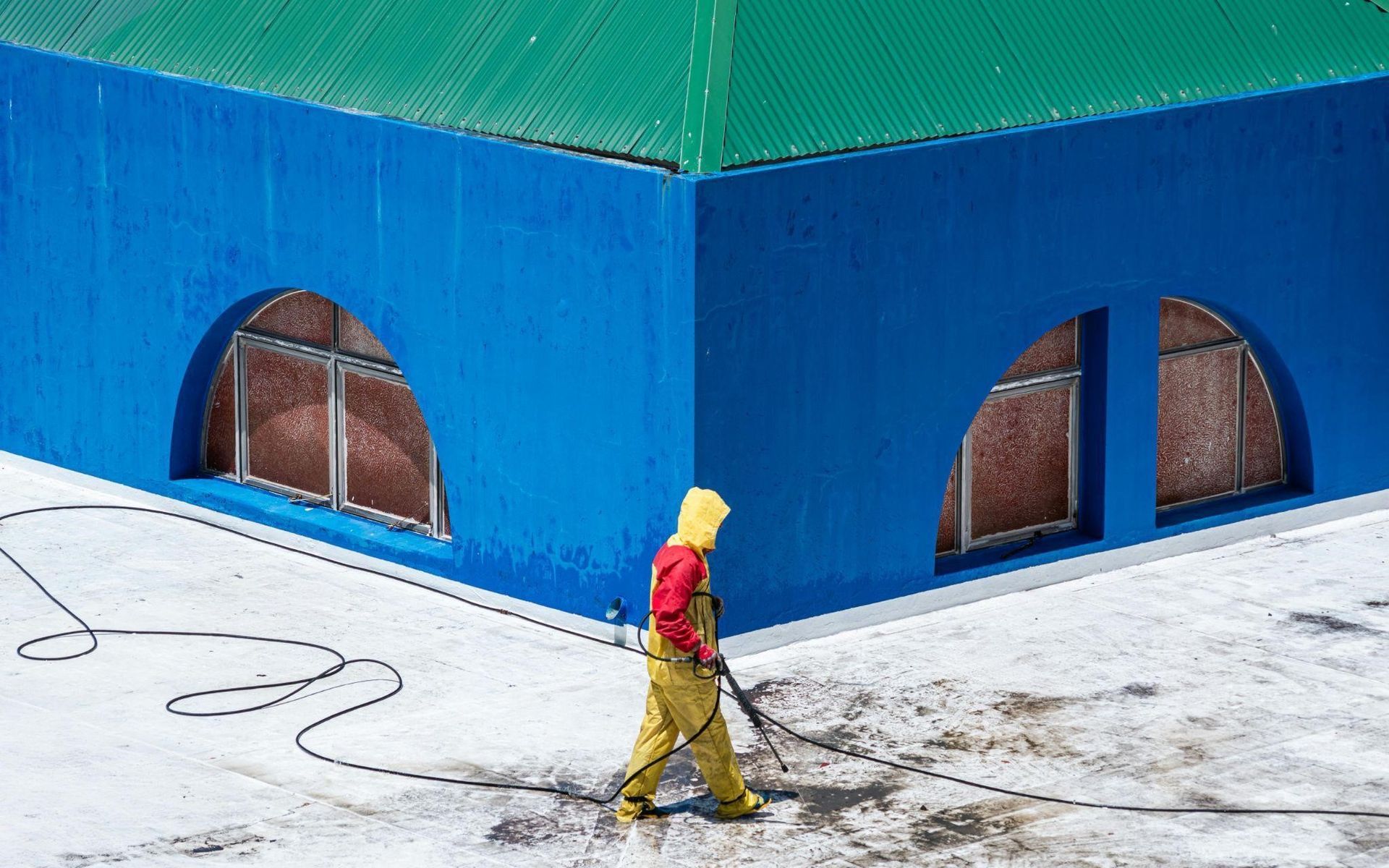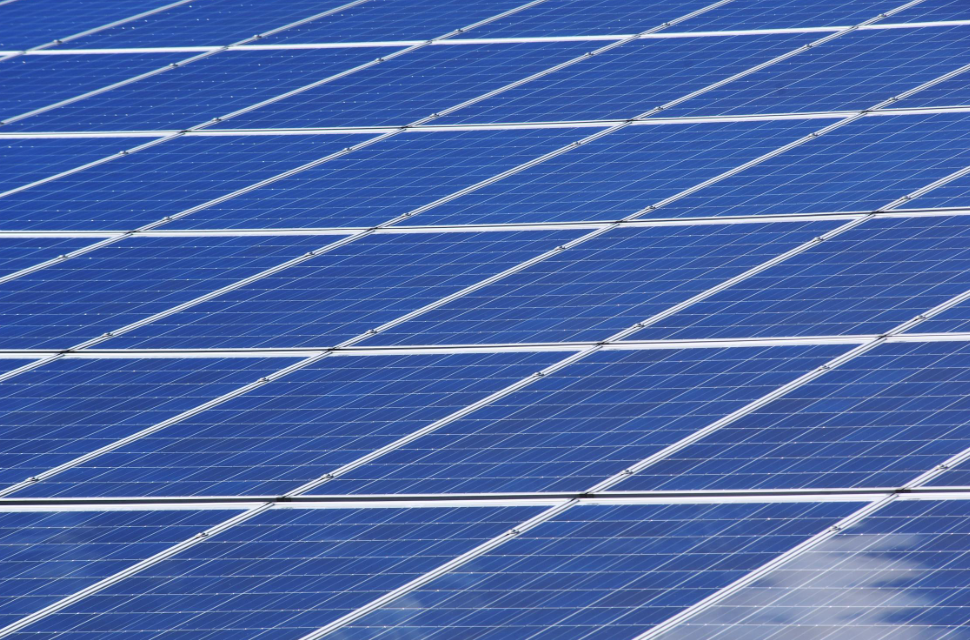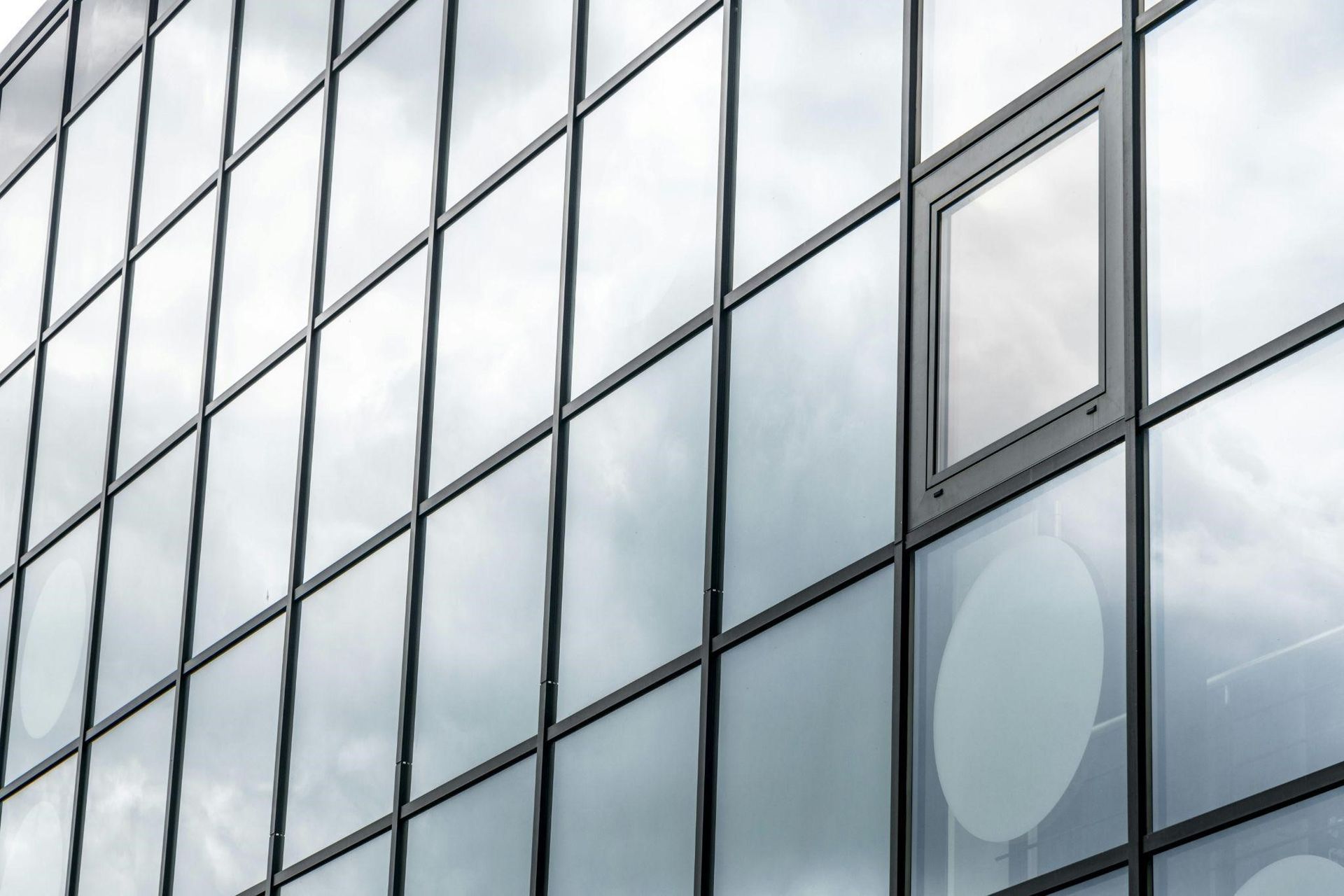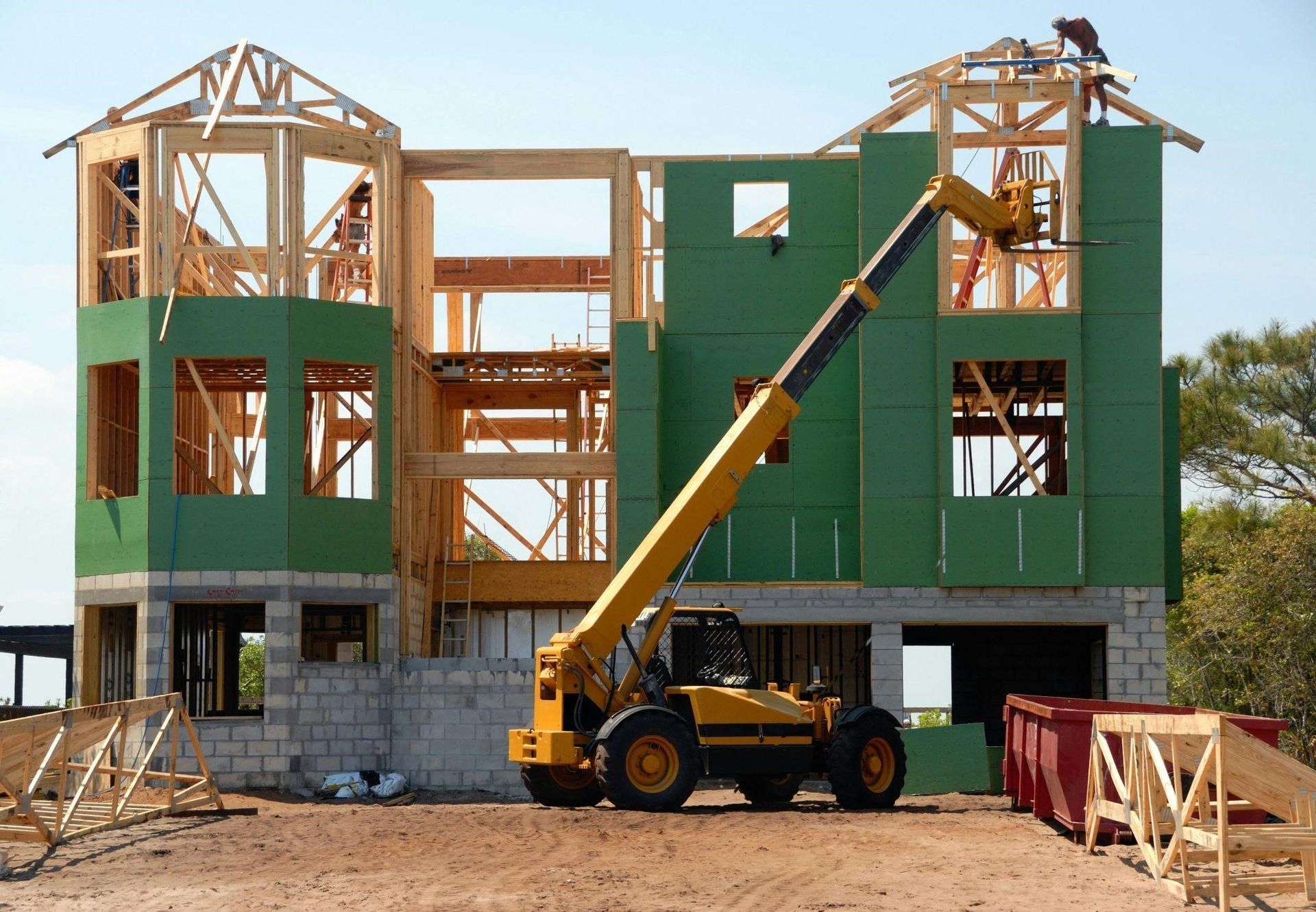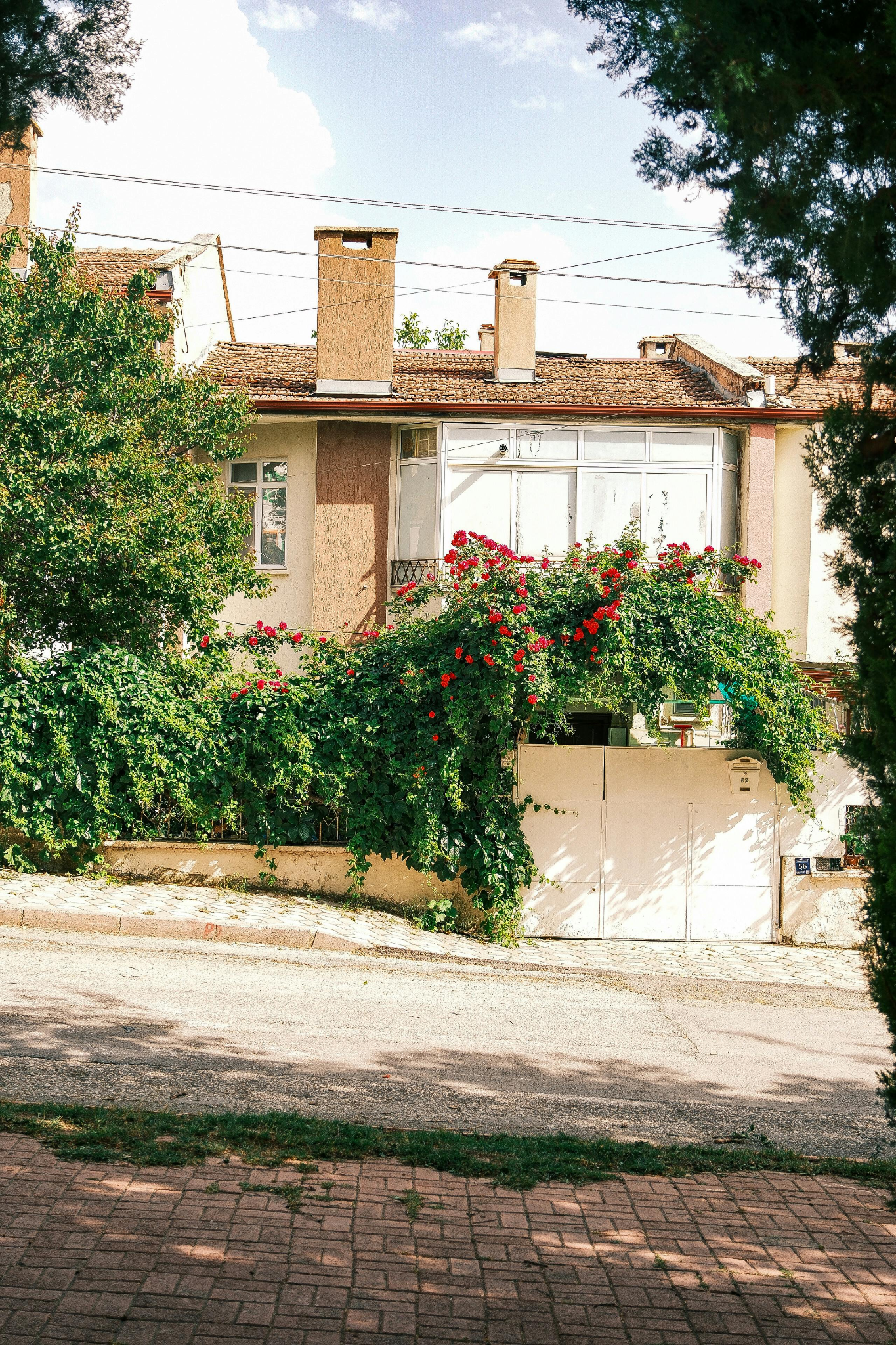What is Soft Washing? A Comprehensive Guide to This Gentle Cleaning Method
When it comes to choosing the best type of cleaning method for your commercial or residential property, a soft wash comes out as a great alternative. It is known not only for its ability to use less resources, but also to be much gentler on the surface that you’re cleaning.
However, soft pressure washing also has several limitation. The process is used to remove dirt, mold, mildew, and other contaminants from delicate surfaces with limited pressure. This means that unlike traditional high-pressure washing, soft washing adopts a much gentler approach, which in turn may mean that it doesn’t offer such a “deep” clean that pressure washing does.
Furthermore, the soft wash chemicals are also usually gentler, which means that it doesn’t damage the surface it is applied on. The method is ideal for commercial storefronts, high-rise buildings, and any surfaces that require a gentle approach due to their material composition or structure.
In this article, we will take a closer look at what soft washing is, and how it compares to other window and property cleaning methods. We’ll also consider when a soft wash is a better idea compared to the other methods out there.
The Process of Soft Washing
Soft pressure washing is much like pressure or power washing, but usually jets relatively warm water at a much lower pressure. Generally, the water temperature for soft washing is less than 140°F with a water pressure of less than 500 PSI. The average that most commercial cleaners use with soft washing, such as for a soft wash roof cleaning service, is 150 PSI, or 6.5 GPM.
The idea behind a soft wash is to ensure the safe removal of grime, organic growth, and airborne pollutants on your property. Generally, the process involves the following steps:
1. Surface Inspection: The cleaning team starts by assessing the surface material to determine if soft washing is the optimal approach. Materials like stucco, vinyl siding, and certain types of windows are ideal candidates for this method.
2. Application of Soft Wash Chemicals: Soft wash chemicals are designed to break down organic matter and stains. Common soft wash solutions include biodegradable cleansers, algaecides, and mild detergents that are safe on delicate surfaces.
3. Low-Pressure Rinse: A low-pressure rinse follows the application of chemicals. Using a low-pressure spray (typically around 100-500 PSI), technicians gently rinse away the cleaning solution along with any dirt and contaminants. The pressure to be used is determined on site, depending on the material’s hardness and degree of grime.
4. Final Rinse and Inspection: After the cleaning solution has been rinsed, a final inspection ensures all contaminants are removed, and no streaks or residue remain.
Soft washing chemicals are carefully chosen to avoid causing discoloration or damage to sensitive materials. They not only remove contaminants but often provide a protective layer to inhibit future growth of algae, mold, or mildew.
Soft Washing vs. Other Cleaning Methods
While soft pressure washing is highly effective for certain surfaces, other methods also have unique advantages depending on the job. Below is a comparison of soft washing against pressure washing, steam cleaning, and dry ice blasting.
Cleaning Method
Pressure Level
Ideal Surfaces
Main Cleaning Agents
Best for Commercial Use?
Soft Washing
Low (100-500 PSI)
Vinyl, stucco, roof shingles
Biodegradable chemicals
Yes, for storefronts and building exteriors
Pressure Washing
High (1,300-2,800 PSI)
Concrete, sidewalks, heavy-duty surfaces
Water or mild detergent
Yes, for non-delicate surfaces
Steam Cleaning
Medium-Low
Hard surfaces, industrial areas
High-temp water vapor
Yes, for food-safe and bacteria-prone areas
Dry Ice Blasting
No direct pressure
Food industry, machinery
Dry ice pellets
Limited to specific commercial needs
It is important to note here that some industrial or commercial cleaning jobs may also require power washing. While soft and pressure washing involve 140°F water, for power washing, the water temperature may range up to 311°F. Furthermore, the water pressure may go as high as 4,400 PSI with power washes.
While useful for industrial cleanups, 4,400 PSI may end up cutting through most materials used in commercial or residential properties. This shows how each method brings specific benefits, but soft washing stands out for its:
· Versatility on sensitive materials,
· Effectiveness at preventing organic growth, and
· Use of safe chemicals.
Types of Soft Washing Techniques for Commercial Properties
Soft washing itself comes in several types. The technique to be used for soft washing on your property will depending entirely on the surface and your cleaning needs:
· Soft Wash Roof Cleaning: Used specifically for roofs, this technique prevents moss and algae buildup. Soft washing roof surfaces, like shingles and tile, removes contaminants without risking the dislodgement of shingles or protective granules.
· Soft Pressure Washing for Facades: Facades made from glass, vinyl, or painted surfaces benefit from soft pressure washing. This approach preserves the look of building exteriors, ensuring windows and siding stay clean without chipping paint or damaging materials.
· Spot Treatment for Windows and Delicate Surfaces: Soft washing allows for targeted spot treatments, especially on windows or glass storefronts that may be prone to streaking or spotting from hard water.
These techniques make soft washing adaptable for different needs, especially in high-traffic or delicate commercial properties. Soft washing is an ideal solution for businesses seeking to maintain the integrity of their building’s exterior without risking damage. Here are some situations where soft washing proves highly beneficial:
· For Commercial Storefronts: Storefronts often accumulate dust, dirt, and smog-related residues, especially in urban areas. Soft washing keeps glass and entryways spotless, presenting a welcoming image to customers.
· High-Rise Building Maintenance: High-rise buildings often require special cleaning methods due to height and exposure. Soft washing allows building managers to maintain exteriors without damaging glass, window seals, or delicate facade materials.
· Routine Cleaning for Delicate Materials: When you’re dealing with materials like stucco, wood, or vinyl siding, a gentle cleaning solution like soft washing helps maintain cleanliness without the risk of surface erosion or structural damage.
If your business operates in an area where algae, mold, or other organic growth is common, soft washing offers added protection and keeps surfaces looking new over time.
Our Recommendation: Why Soft Washing Is Ideal for Many Commercial Properties
For most commercial properties, soft washing is the preferred cleaning approach because of its gentle yet effective results. While pressure washing is better suited for concrete and heavy-duty cleaning, soft washing provides a safer and more sustainable solution for delicate surfaces and high-rise buildings.
Here’s why:
· With routine soft washing, building facades stay cleaner longer, as algae and mold regrowth are prevented, which saves on long-term maintenance costs.
· Soft washing can be applied to glass, vinyl, and even some metals without the risk of rust or deterioration.
· Soft wash chemicals are often biodegradable and safe for nearby plant life, ensuring that your business practices remain eco-conscious.
· The low-pressure application minimizes the risk of damaging delicate surfaces, such as siding and roofs, which can occur with high-pressure washing.
· Regular soft washing not only keeps surfaces clean but also improves the overall appearance of the property, making it more attractive to clients and visitors.
For high-quality soft washing services, consider Clear Wave LLC as your go-to partner. We offer expertise in a variety of commercial cleaning solutions, suitable for sustainable, lasting, and recurring cleaning services. We proudly serve a range of areas, including San Luis Obispo, Cambria, Cayucos, Morro Bay, Baywood, Paso Robles, and Atascadero. For spotless surfaces and better customer appeal, contact us at (805) 203-0345 today. Let us help you create a clean, compelling outlook today!
